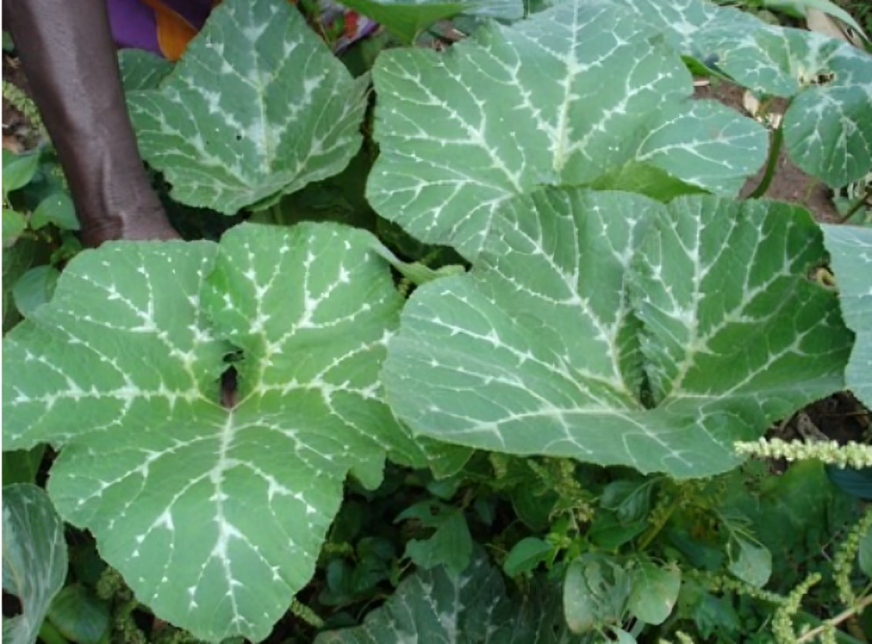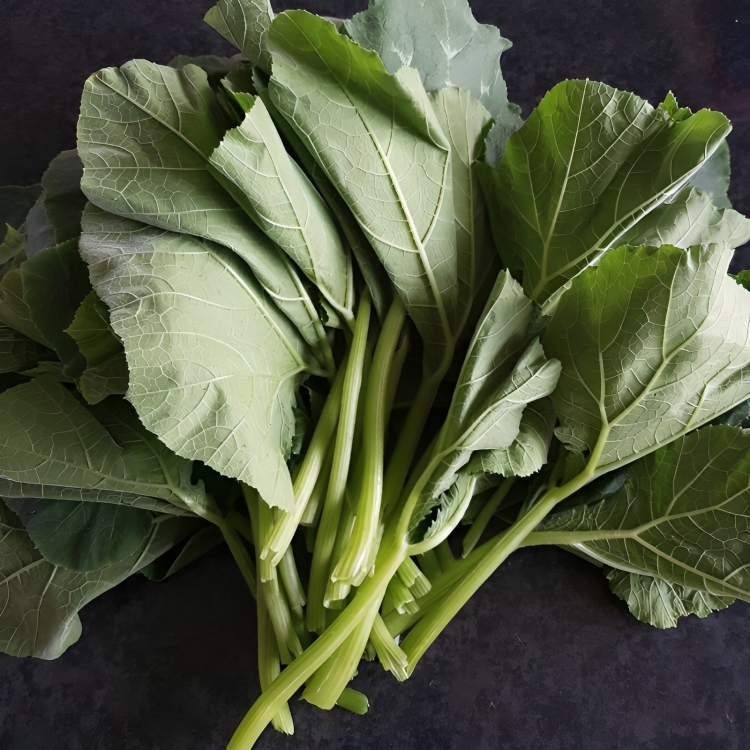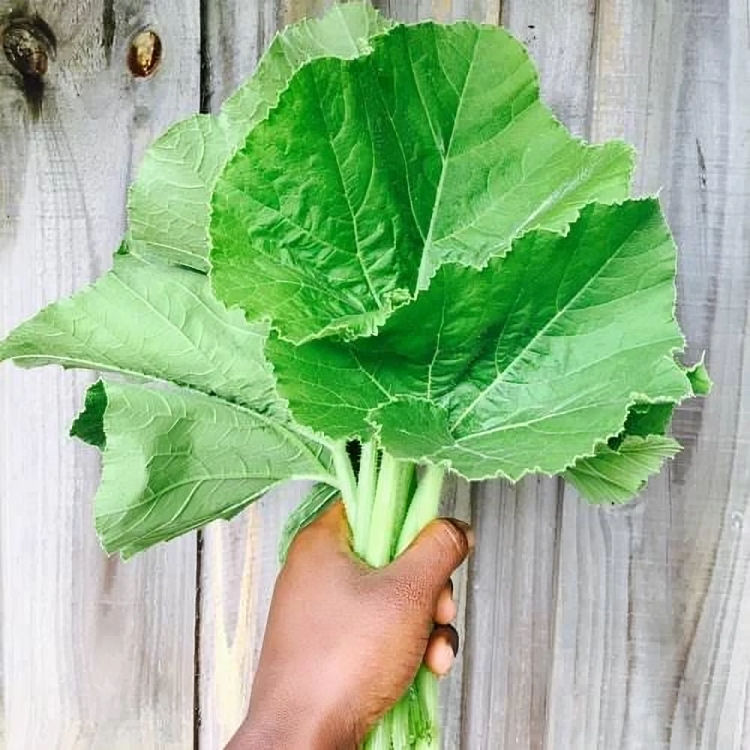Health benefits of eating 'misheveve' pumpkin leaves
![Pumpkin leaf: The health benefits of this plant are unbelievable [Healthy Advice]](https://image.api.sportal365.com/process/smp-images-production/pulselive.co.ke/28102024/81e74a22-8be7-4746-a411-3e74bfbcae01?operations=autocrop(700:467))
Pumpkin leaves, locally referred to as misheveve or risosa in Kenya, are a nutritious and often overlooked leafy green.
These leaves have long been a staple in traditional African cuisine, packed with essential vitamins, minerals, and health-boosting properties.
But beyond their culinary versatility, what exactly are the benefits of eating pumpkin leaves, and why should you include them in your diet?
Rich source of nutrients
Pumpkin leaves are loaded with key vitamins and minerals, making them a powerful addition to any diet. They are rich in:
- Vitamin A: Essential for maintaining healthy vision, skin, and a strong immune system. The vitamin A content in pumpkin leaves helps combat infections and contributes to glowing skin.

- Vitamin C: Known for its immune-boosting properties, vitamin C helps the body fight off illnesses while also improving the absorption of iron from other foods.
- Calcium: Crucial for strong bones and teeth, pumpkin leaves are an excellent plant-based source of calcium, which also supports nerve function and muscle health.
- Iron: Iron deficiency is a common problem, especially among women, leading to fatigue and anaemia. Including pumpkin leaves in your meals can help maintain healthy iron levels, promoting energy and overall well-being.
High in antioxidants
Antioxidants are compounds that help neutralise free radicals in the body, which are harmful molecules that can lead to chronic diseases such as cancer, diabetes, and heart disease.
Pumpkin leaves are rich in these antioxidants, particularly beta-carotene, which gives them their dark green colour.
Beta-carotene is converted into vitamin A in the body and helps protect cells from oxidative stress.

Promotes digestive health
Pumpkin leaves are a good source of dietary fibre, which is essential for a healthy digestive system.
The fibre content helps prevent constipation, promotes regular bowel movements, and supports gut health.
A diet high in fibre also aids in weight management by keeping you fuller for longer, reducing the chances of overeating.
Supports heart health
Including pumpkin leaves in your diet can benefit your heart. The combination of potassium, fibre, and antioxidants helps regulate blood pressure and reduce cholesterol levels.
This, in turn, lowers the risk of heart disease and stroke. Potassium, in particular, helps to balance the effects of sodium, further supporting healthy blood pressure levels.
Boosts immunity
Pumpkin leaves are rich in nutrients that enhance the immune system.
Vitamin C plays a crucial role in stimulating the production of white blood cells, which are responsible for defending the body against infections.

Regular consumption of pumpkin leaves can help fortify your body's natural defences and keep common illnesses at bay.
Ideal for diabetes management
For people with diabetes, pumpkin leaves can be a great addition to their diet.
The leaves have a low glycaemic index (GI), meaning they do not cause significant spikes in blood sugar levels after consumption.
Additionally, the high fibre content helps regulate blood sugar by slowing down the absorption of carbohydrates into the bloodstream.
This content was generated by an AI model and verified by the author.
)
)
)
)
)
)
)
)
)
)
)